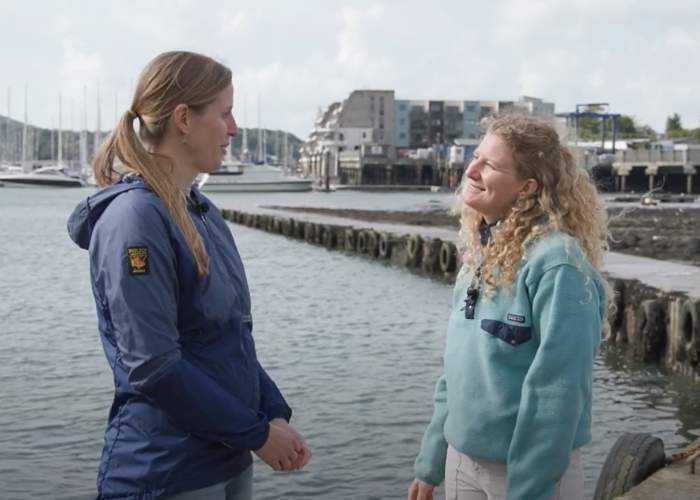The WADIM team is excited to announce that Dr. Gemma Kulk, has been an integral part of the production of the latest video for Protecting Our Planet Day (POP24). This insightful video takes viewers on a deep dive into the fascinating world of ocean colour and its profound implications for human health.
In this video go to 07:52 to learn about using ocean colour to detect waterborne diseases from space
For over a century, scientists have used the ever-changing hues of the ocean as a window into the health of our marine ecosystems. As Aquila Erskine explains in the video, the color of the ocean can reveal a wealth of information about the microscopic organisms and chemical composition of the water.
In this video Dr. Gemma Kulk and her colleagues, including Claire Widdicombe from the Plymouth Marine Laboratory and Prof. Alex Nimmo-Smith from the University of Plymouth, share their expertise on the latest technologies and techniques for observing ocean colour. From satellite imagery to specialized sampling methods, they demonstrate how this data can be used to track the impacts of climate change, pollution, and even human health outcomes.
“Changes in ocean colour don’t just tell us about the health of the marine environment – they can also have direct implications for human wellbeing,” explains Dr. Kulk. “By monitoring water quality through the lens of ocean colour, we can better understand and mitigate the spread of waterborne diseases that disproportionately impact vulnerable communities around the world.”
Learn more about POP24: https://www.stem.org.uk/enrichment/protecting-our-planet-day
